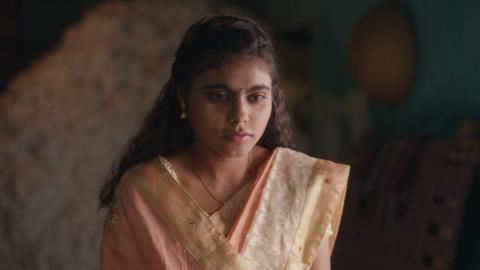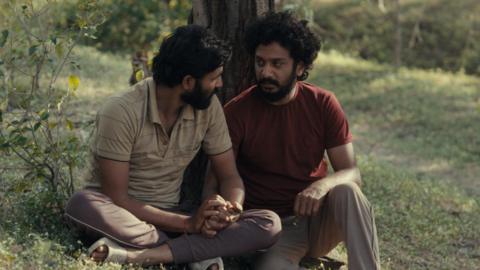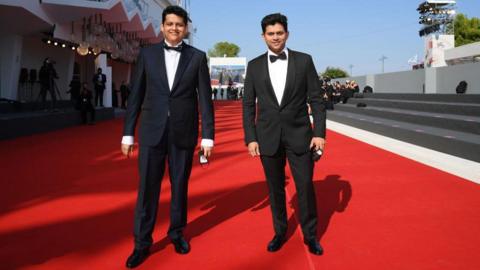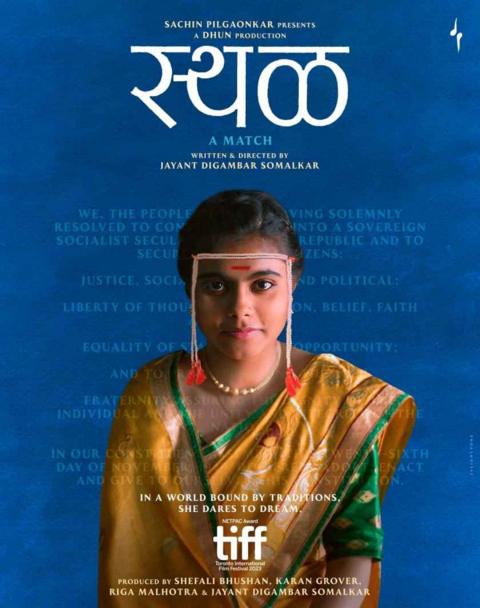India's first ever feature film - Raja Harishchandra - in 1913, was made in the Marathi language. Over the past few decades, though, Marathi cinema lost its way, overshadowed by Hindi films from Bollywood. But could a revival be in sight?
The critically acclaimed Marathi language drama Sthal (A Match) opens with a striking role reversal: instead of the bride, it's the prospective groom who endures the dehumanising ritual of being scrutinised for an arranged marriage.
But we soon learn it's Savita, the film's protagonist, waking from an impossible dream - her real life, like that of many Indian women caught in the tradition of arranged marriage, is the exact opposite.
Sthal offers an unsparing look at the grim side of arranged marriage in India—often romanticised on screen with song and dance. It's also part of a wave of Marathi films earning global acclaim this year.
Sabar Bonda, a semi-personal rural romance between two men, made history as the first Marathi film to screen at Sundance—and won a Grand Jury Prize.
Meenakshi Shedde, a senior programme advisor for South Asian films at the Toronto International Film Festival, called it "a daring, exquisite rural gay romance", and its bold, tender storytelling "historic".



